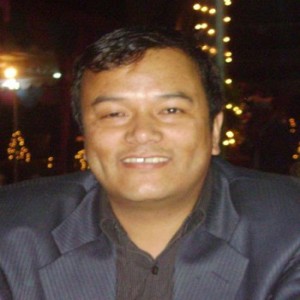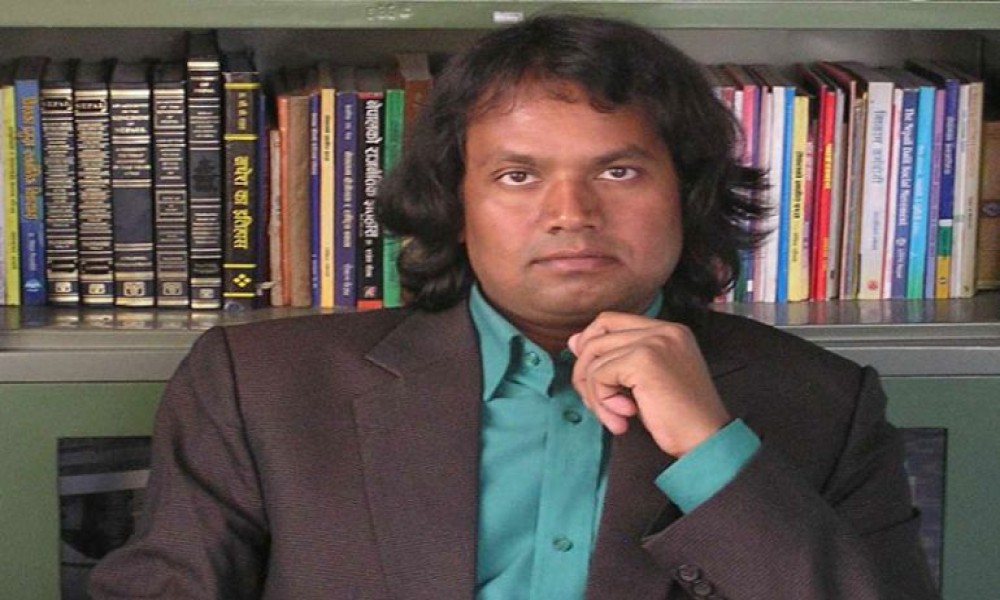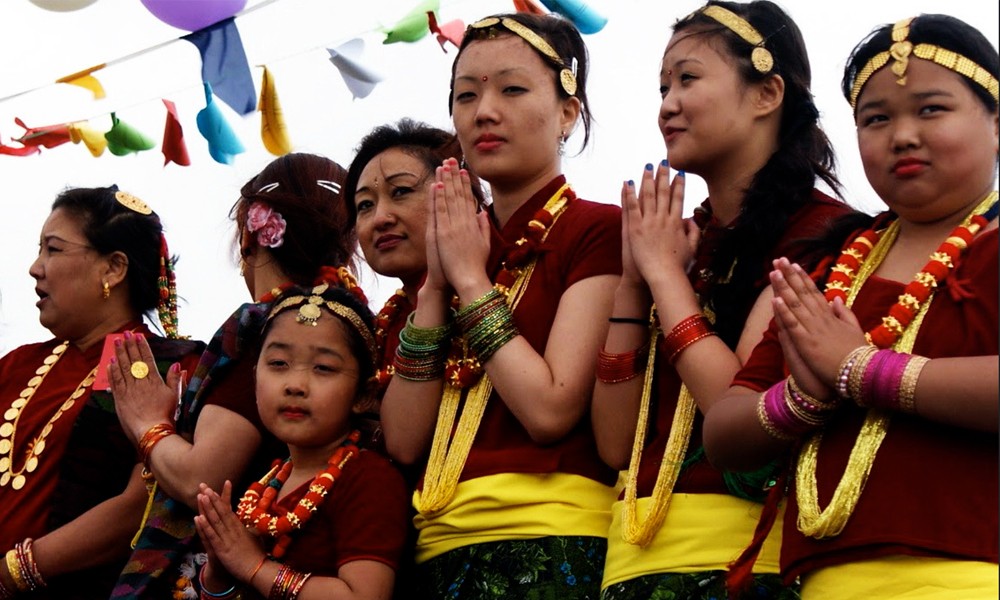CK Raut, a Madhesi political activist, has been in the limelight for the last few years. The hill elites see him as a secessionist, but the moderates in Kathmandu believe his political movement is an outburst of Madhesi anger against the state. In the Tarai, moderate Madhesi leaders think the state is deliberately making him a hero to bring them down to the size.
Whatever the reasons, Raut is emerging as a political figure whom the state cannot ignore. He is gaining the status of an icon among the Madhesi youth frustrated with the state and disillusioned with moderate Madhesi leaders. The administration is trying to muzzle him by not letting him deliver public speeches, and the police and Raut's supporters have clashed in several places.
The hill elites see him as a secessionist, but the moderates in Kathmandu believe his political movement is an outburst of Madhesi anger against the state. In the Tarai, moderate Madhesi leaders think the state is deliberately making him a hero to bring them down to the size.
Despite being born to a poor Madhesi family in Saptari district, Raut go the opportunity to study in Japan and then in the UK. He did a Ph.D. in computer science from the Cambridge University and worked in Massachusetts, the US. The high-profile job that he had in the US was something most of the Nepalis could only dream of. But he was not satisfied, and he returned to Nepal in 2011.
Raut began travelling across the plains region of Nepal and launched a political campaign to secede the Tarai from the country. In his speeches, articles and books, he has repeatedly said that Kathmandu has always treated the Tarai as its colony and Madhesi people should rise up for an independent nation. However, when he was arrested and charged with sedition last year, he denied spearheading a separatist campaign. He clarified that he only said that the Madhesi people would fight for a separate nation if Kathmandu continued to oppress and marginalize them.
As the state turned a blind eye to peaceful protests by moderate Madhesi parties, the Madhesi youth started losing faith in the system. This gave birth to a CK Raut. And if the state or the ruling parties continue to humiliate moderate Madhesi leaders, more CK Rauts will be born not only in the Madhes but also in the Janajati community.
But Raut is not saying something that no Madhesi leaders dared to say in the past. Three decades ago, Gajendra Narayan Singh had formed Sadbhavana Party to liberate the Madhesi people. Like Raut, he had said that Madhes was being colonized by Kathmandu and the Madhesi people would have to rise up against it. Other Madhesi leaders also repeated the same rhetoric over the decades.
After the first Madhesi movement, Madhes-based parties emerged as strong regional political forces. The posts of President and Deputy President and plump ministries went to Madhesi leaders. But it did not improving the living standards of Madhesi people. After the second Constituent Assembly (CA) elections, Madhesi people felt further humiliated and alienated as the state refused to implement the deals signed with after the first and second Madhes uprisings.
As the state turned a blind eye to peaceful protests by moderate Madhesi parties, the Madhesi youth started losing faith in the system. This gave birth to a CK Raut. And if the state or the ruling parties continue to humiliate moderate Madhesi leaders, more CK Rauts will be born not only in the Madhes but also in the Janajati community.
(This article was originally published in Everest Times, a Nepali weekly published in the UK)







